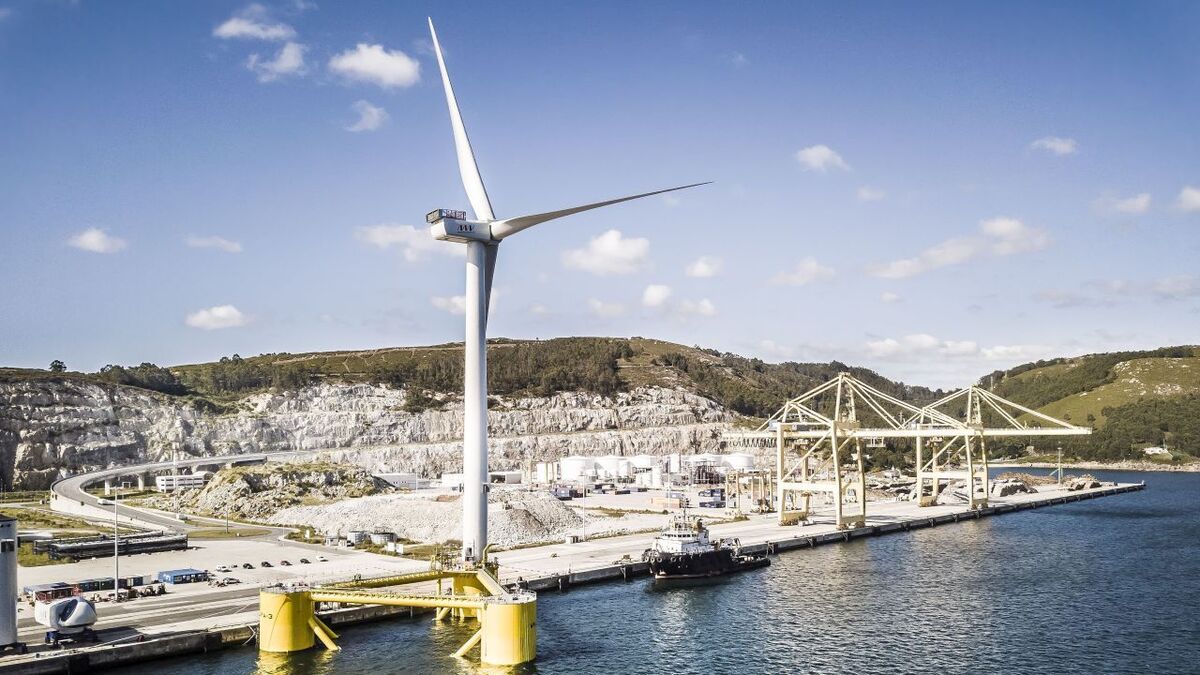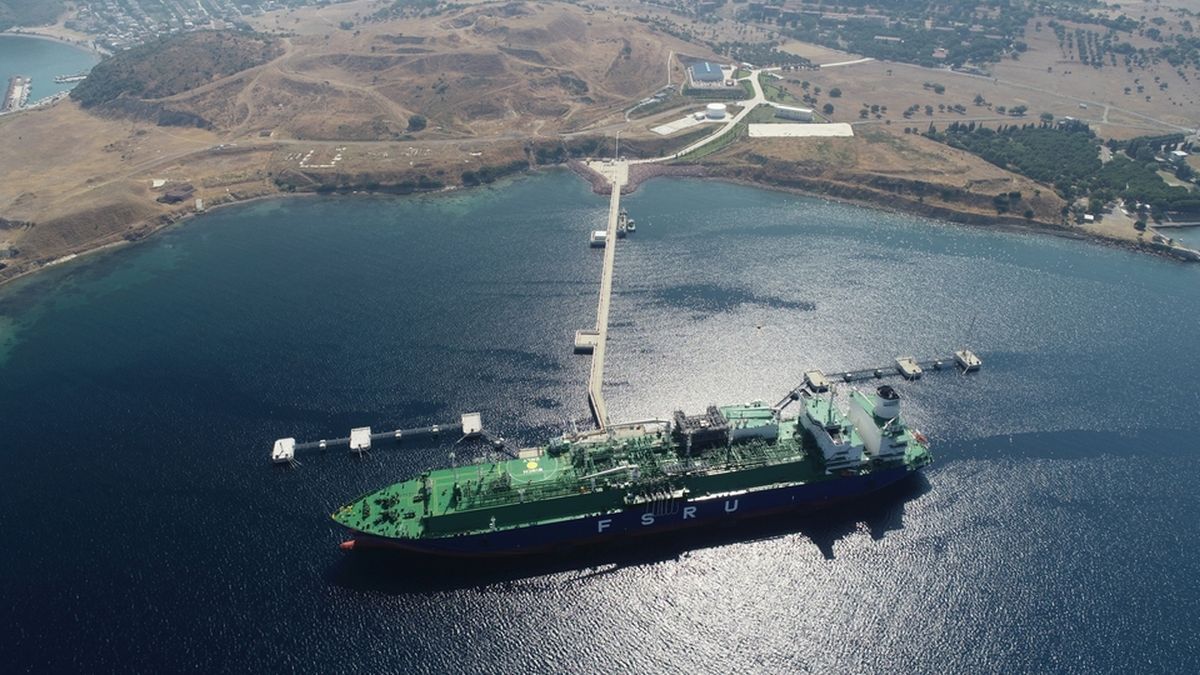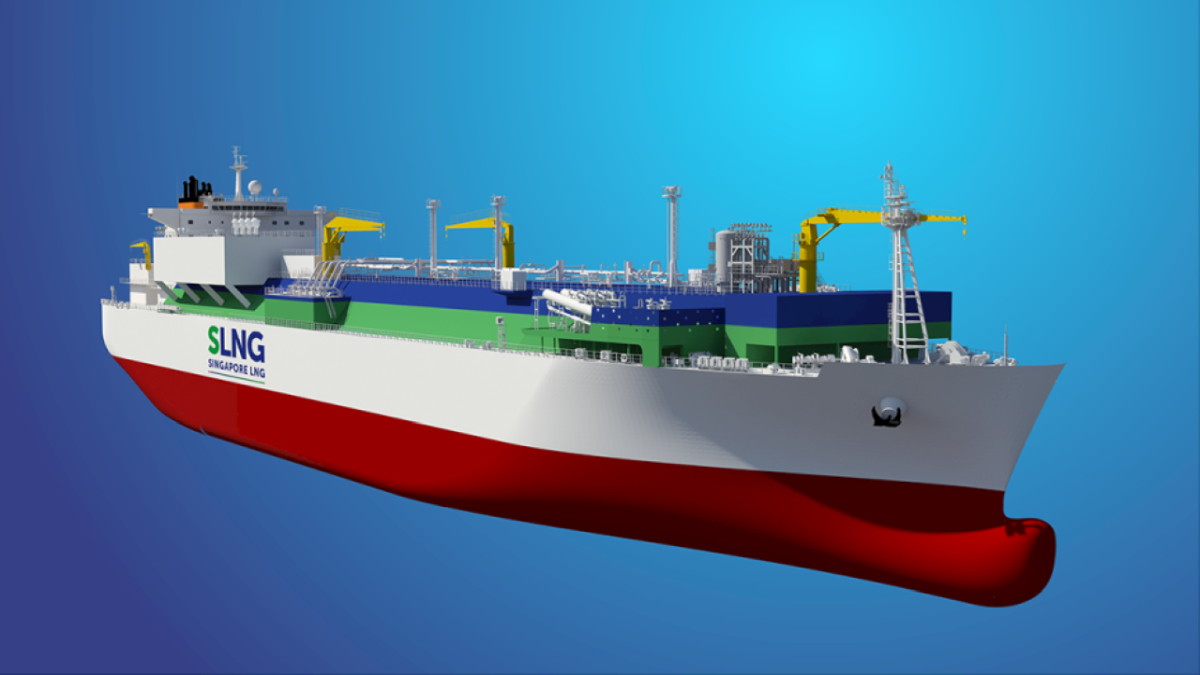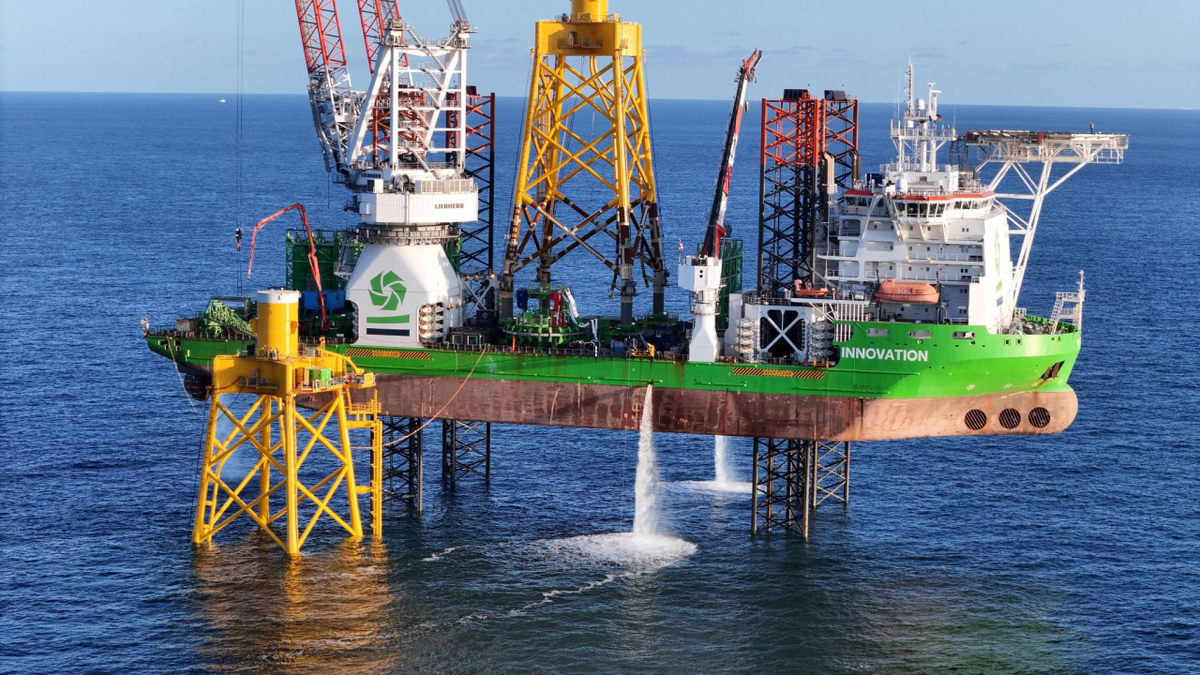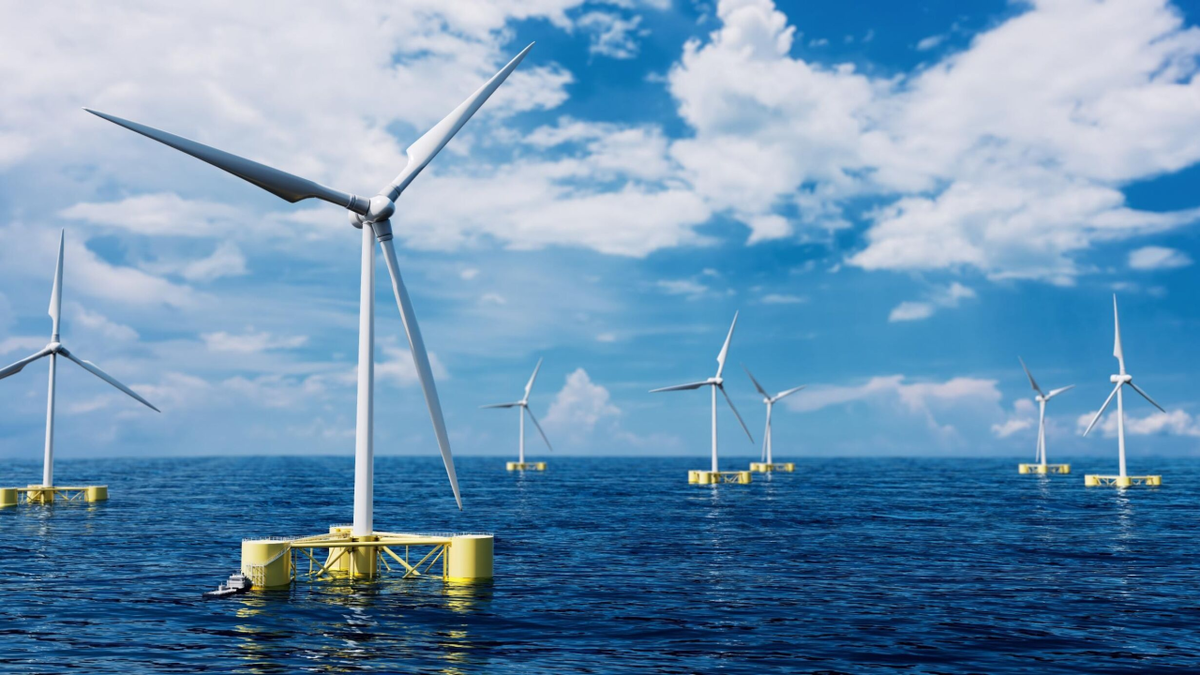Business Sectors
Contents
Report projects billion Euro benefits from Iberian floating wind
A newly published report from EIT InnoEnergy finds Spain and Portugal have ‘unique competitive advantages’ and there is ‘enormous potential’ for the Iberian Peninsula as a hub for floating wind energy
The study, Iberia as a hub for technology development and industrial leadership in the field of floating wind offshore energy, sponsored by consulting firm Enzen, found that developing a floating wind industry in the Iberian Peninsula would have a considerable socioeconomic impact in the next two decades.
The report suggests that doing so could create up to 50,000 highly qualified jobs, of which 60% would be direct jobs and 40% indirect, and produce an annual turnover of at least €5Bn (US$6Bn) by 2030, with more than a third of earnings coming from exports.
According to the study, Spain and Portugal “are on a sound footing to contend for a position as a hub for floating wind energy” because they have competitive advantages not readily replicable in other countries.
In the most ambitious scenario described in the report, it is estimated that the Iberian region could have 3 GW of floating wind power installed by 2030 and 22 GW by 2050.
The macroeconomic impact analysis of the development of floating wind is based on two scenarios, targeting 11 GW and 22 GW of installed capacity in Iberia by 2050. Under these scenarios, annual GDP contribution could reach €4.68Bn and €7.75Bn, respectively.
The authors of the report noted that companies in the Iberian region have already taken significant steps in the floating wind market. Spanish yards have constructed floating structures for early projects and Iberia benefits from the kind of port infrastructure, dockyards and manufacturing capacity required by the sector.
The report acknowledges that local demand for projects will be required to strengthen existing capabilities, boost the industry and leverage the advantages the Iberian region already has.
Key drivers for boosting a floating wind energy market in the Iberian region in the short term include a supportive regulatory framework for project development, together with finance and support for technology development.
The report recommends that the governments of Portugal and Spain should define a strategy for the development of offshore energy and floating wind in particular and create a joint working group in the Iberian region. It also recommends that marine spatial planning in the region take into account specific areas for the development of floating windfarms.
Further recommendations include updating the regulatory framework for permitting and grid connection, establishing support mechanisms for offshore energy, regular auctions and targets, grid planning that takes offshore energy targets into account, and the definition of an integrated R&D and innovation programme.
The report also highlighted the need for support mechanisms for pilot projects or demonstrators, engagement with port authorities, the development of a flagship pilot project with support from the government, and promotion of the Canary Islands as a development site for floating wind energy.
Related to this Story
Events
Maritime & Offshore Community Golf Day 2025
Offshore Wind Webinar Week
Maritime Decarbonisation, Europe: Conference, Awards & Exhibition 2025
Offshore Support Journal Conference, Americas 2025
© 2024 Riviera Maritime Media Ltd.


